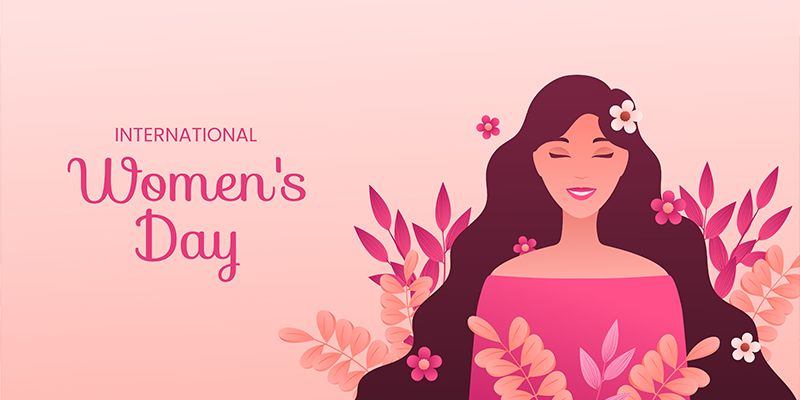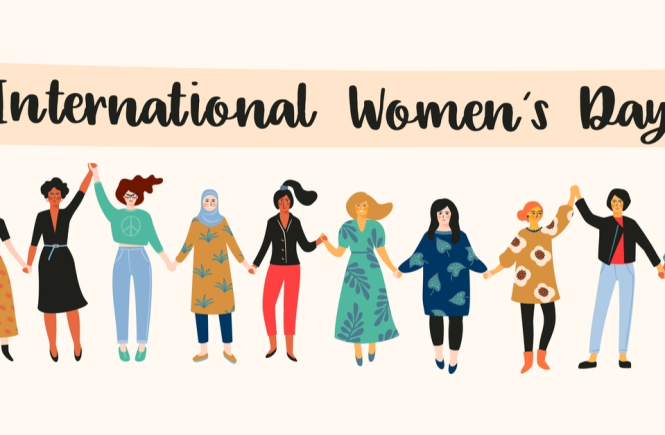1. The History of International Women's Day:
International Women's Day has a rich history dating back to the early 20th century. It emerged from the labor and suffrage movements as women advocated for better working conditions and the right to vote. The day gained international recognition in 1977 when the United Nations proclaimed March 8th as a day to celebrate women's rights and achievements worldwide.
2. Honoring Women Pioneers:
Throughout history, countless women have shattered barriers, defied societal norms, and achieved remarkable feats. From courageous suffragettes to trailblazing scientists, writers, artists, and leaders, their contributions have paved the way for progress and empowered generations to come.
3. Breaking Barriers and Achieving Gender Equality:
While progress has been made, gender equality remains an ongoing struggle in many parts of the world. International Women's Day serves as a reminder that we must continue to challenge gender stereotypes, break down barriers, and fight for equal opportunities for women in all spheres of life, including education, employment, and leadership roles.

4. Empowering Women in Education:
Education plays a pivotal role in empowering women and dismantling gender disparities. By ensuring access to quality education for girls and women, we can equip them with the knowledge and skills to pursue their dreams, contribute to society, and become agents of change.
5. Women's Health and Well-being:
Addressing women's health concerns and promoting their well-being is crucial for building a healthier and more equitable world. Efforts must be made to ensure reproductive health rights, mental health support, and access to healthcare services for women of all ages and backgrounds.
6. Women in the Workplace:
The workplace continues to be a battleground for gender equality. Achieving pay equity, providing family-friendly policies, and eliminating workplace discrimination are essential steps towards creating inclusive and supportive environments for women to thrive professionally.
7. Celebrating Diversity and Inclusion:
International Women's Day is an opportunity to celebrate the diversity of women's experiences and identities. It is vital to acknowledge and support women from all backgrounds, including those from marginalized communities, LGBTQ+ women, and women with disabilities.

8. Engaging Men as Allies:
Gender equality is not just a women's issue; it is a human rights issue. Men have a critical role to play as allies in promoting women's rights and challenging harmful patriarchal norms. Encouraging men to actively support gender equality benefits everyone in society.
9. #ChooseToChallenge: The Power of Individual Action:
This year's theme, #ChooseToChallenge, encourages everyone to challenge gender bias and inequality. We can all make a difference by speaking out against injustice, promoting inclusivity, and supporting women's empowerment in our daily lives.
10. A Call to Action:
International Women's Day is not just a one-day event; it is a catalyst for continuous action towards gender equality. Let us seize this opportunity to renew our commitment to empowering women, creating a world where they can thrive, and contributing to a more equitable and just society for all.
Conclusion:
International Women's Day serves as a powerful reminder of
the remarkable achievements of women and the importance of continuing the fight
for gender equality. By celebrating women's accomplishments, raising awareness
about persisting challenges, and promoting individual and collective action, we
can work together towards a future where women's rights and contributions are
recognized, valued, and celebrated every day. Together, let us unleash the true
potential of women and build a better world for everyone.

